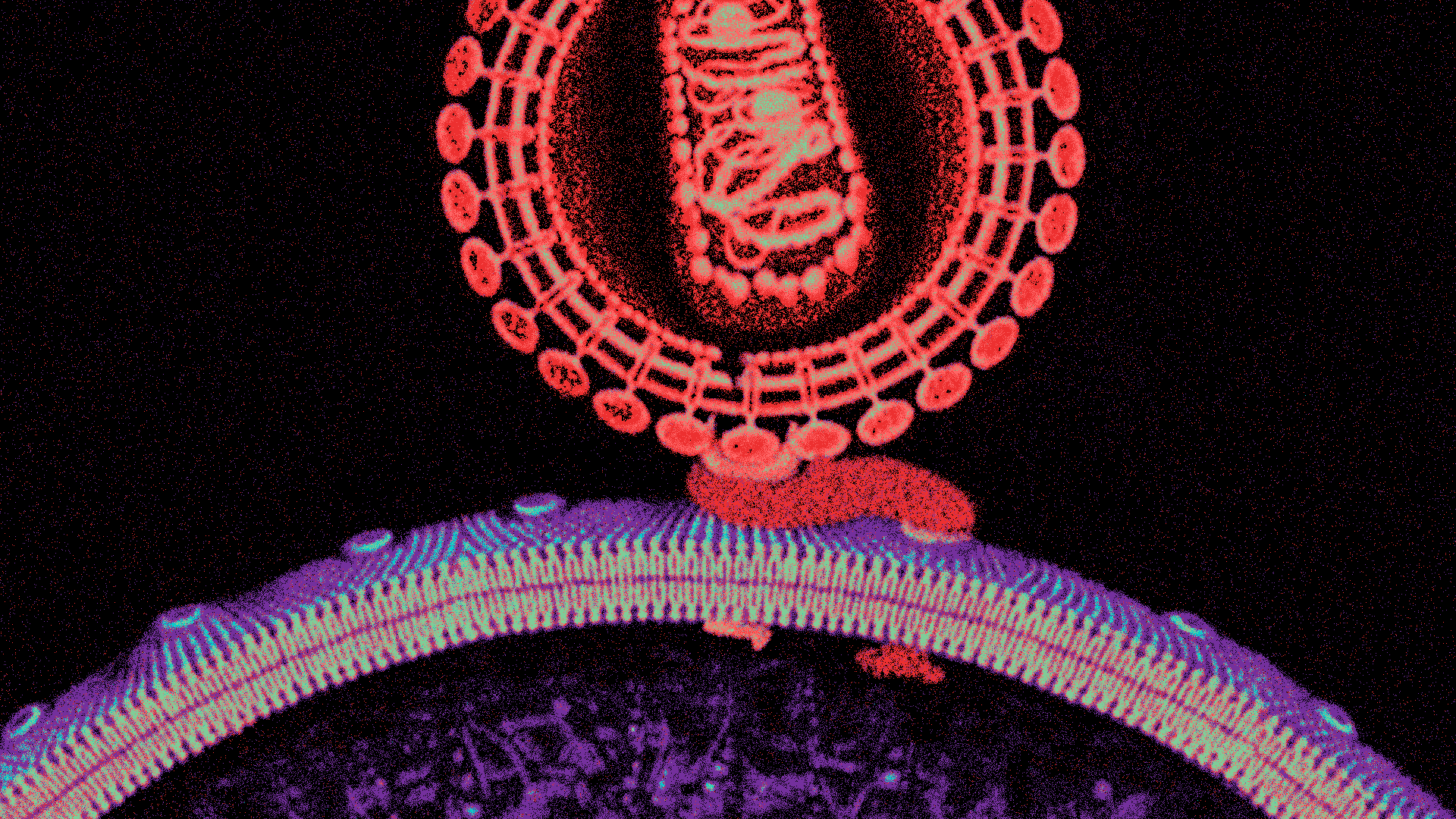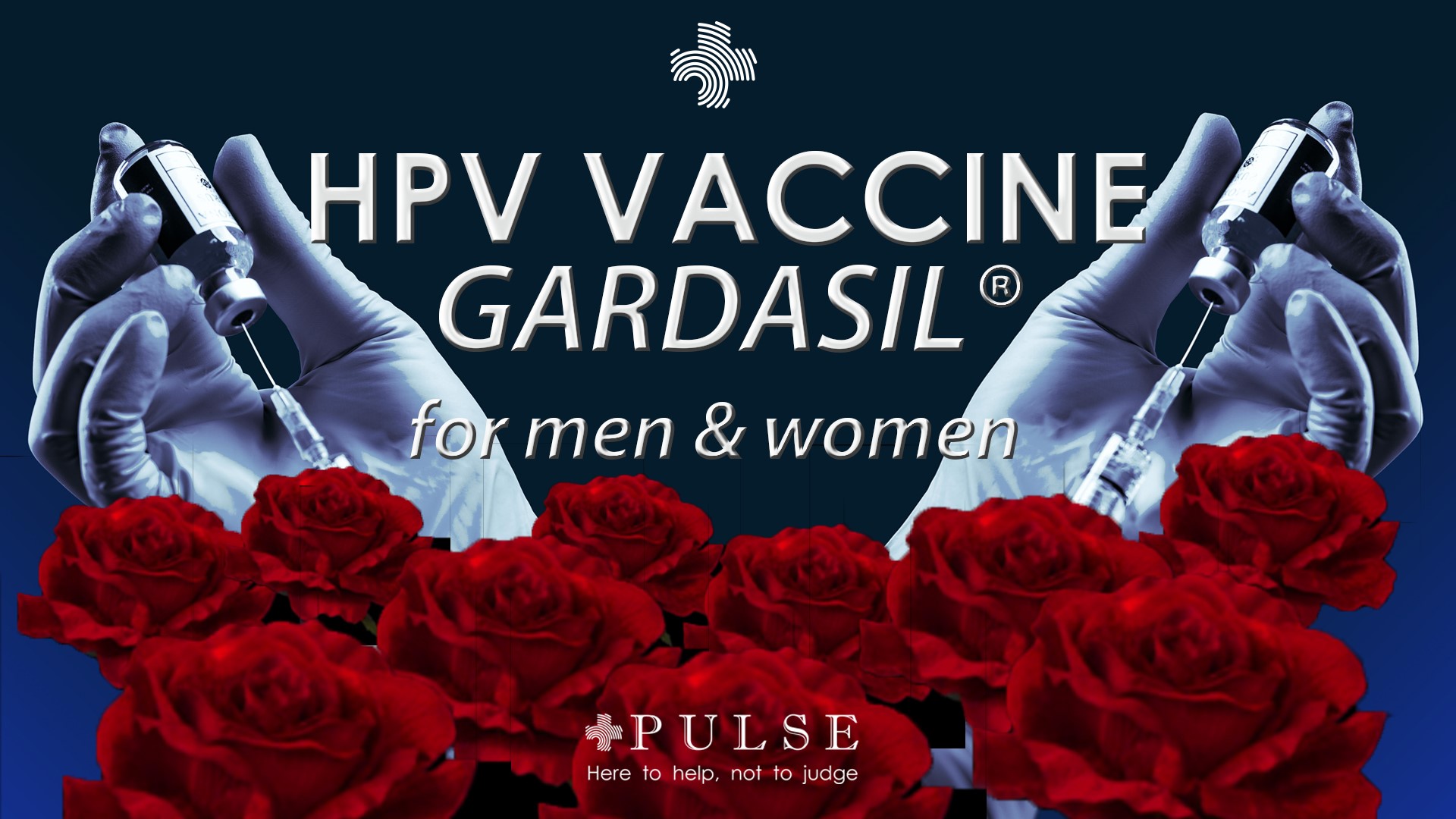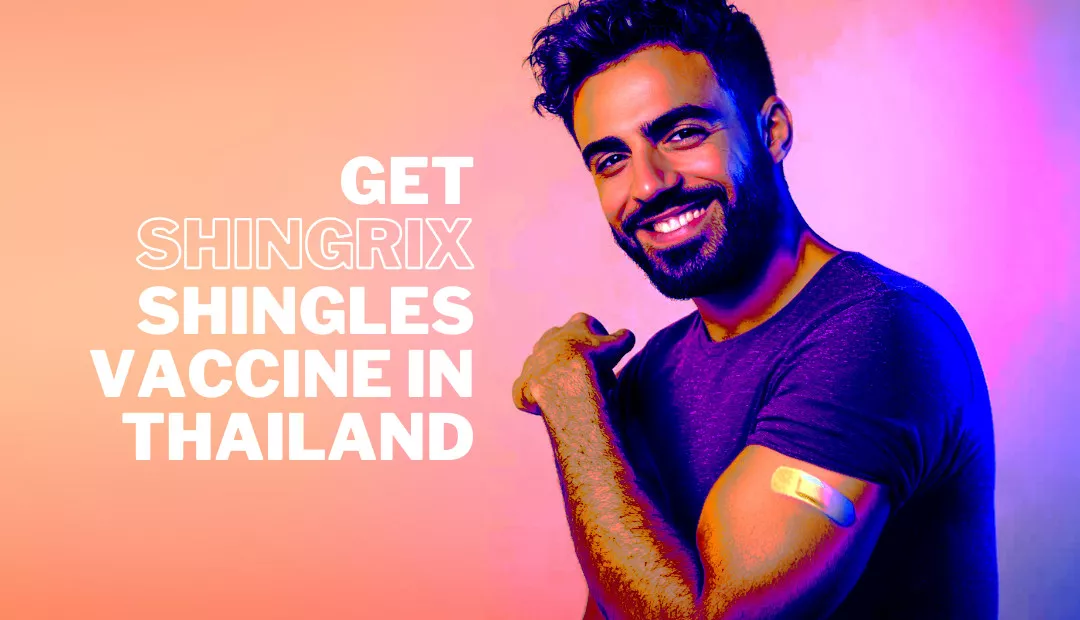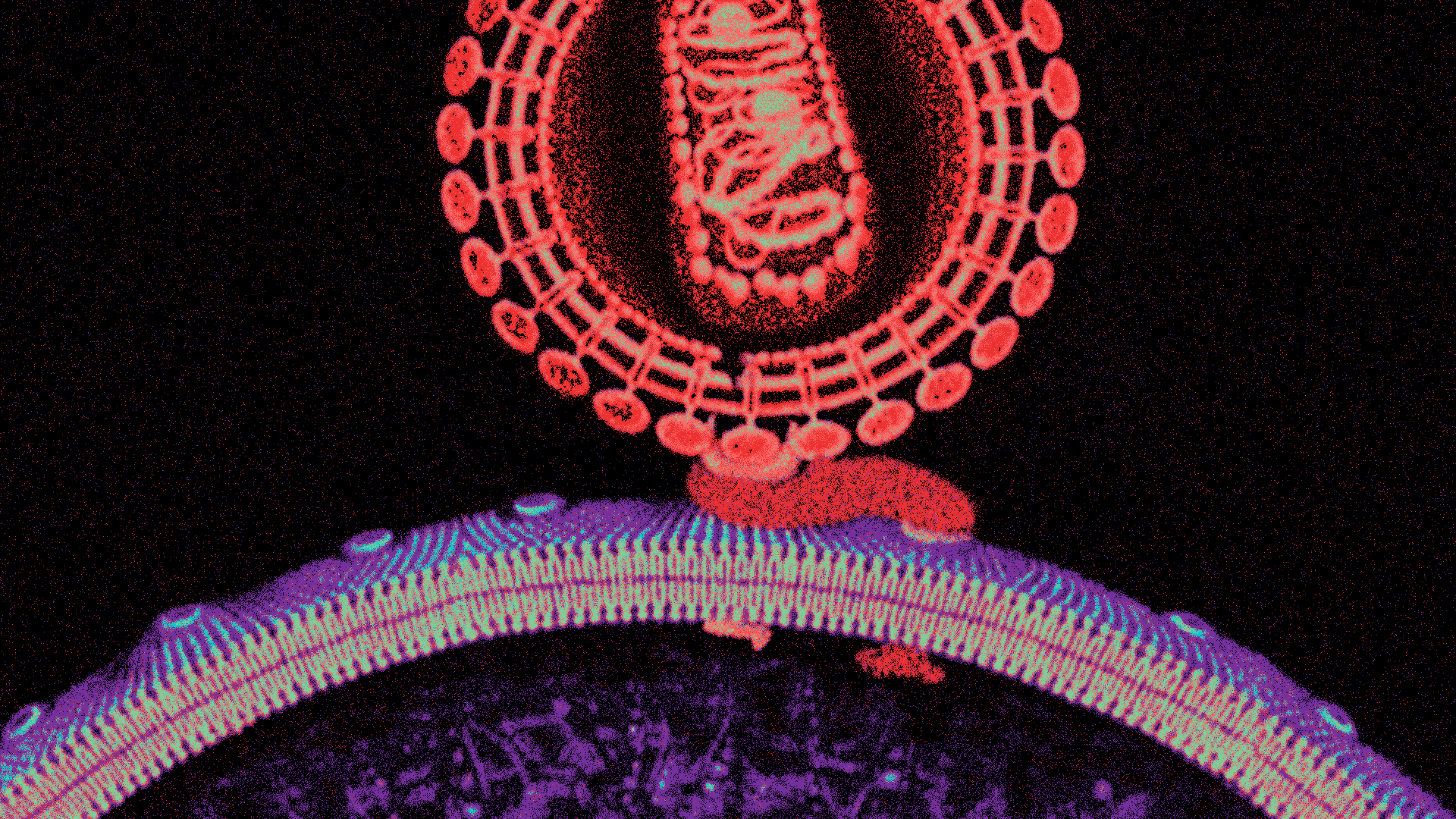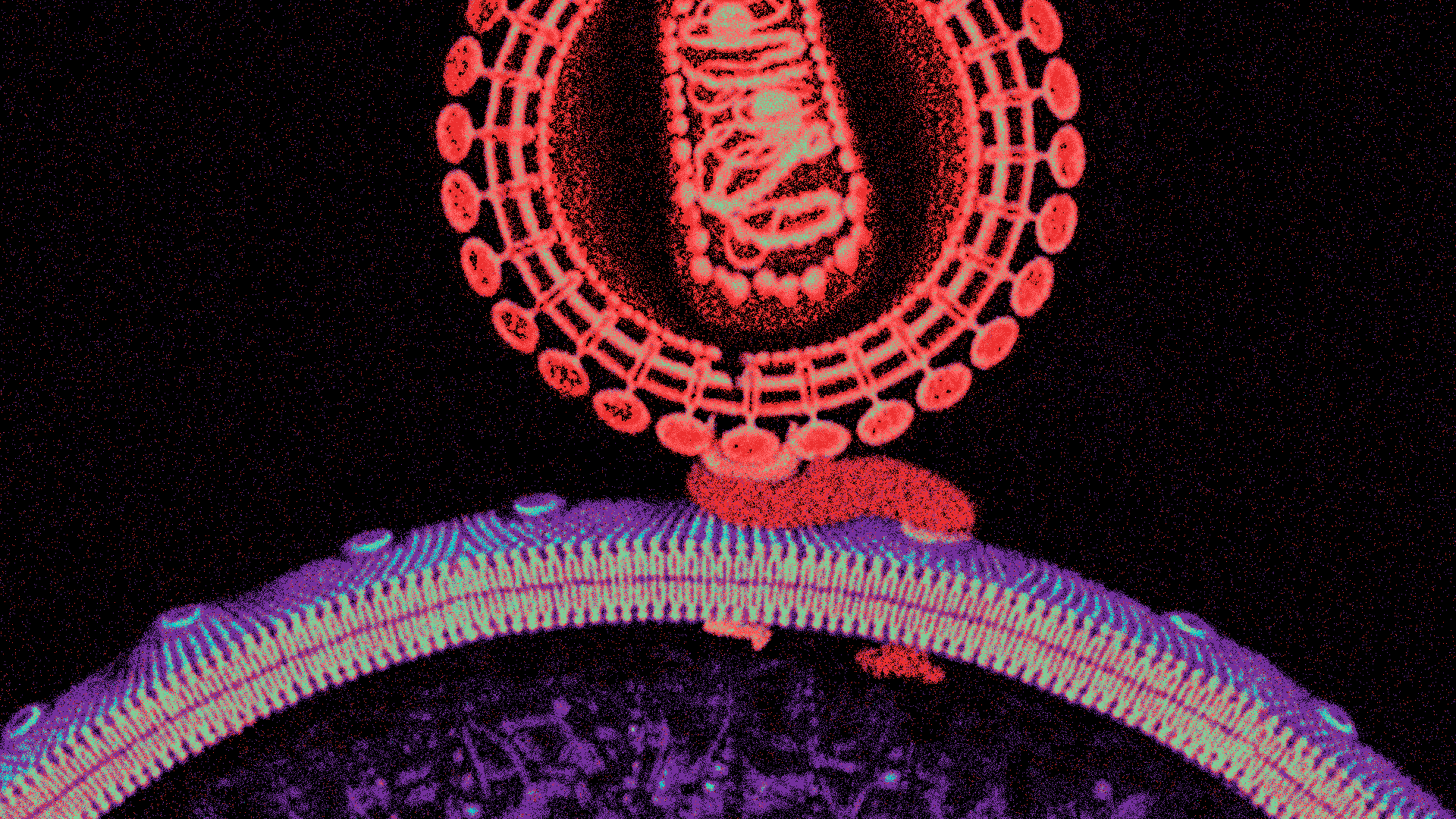20 Common Questions for Adults with HIV
14658
20 Frequently Asked Questions (FAQs) for Adults with HIV

20 questions about vaccines for adults with HIV
Vaccination is a critical aspect of preventive healthcare, particularly for individuals with HIV (Human Immunodeficiency Virus). While vaccines are generally safe and effective, there are unique considerations for people living with HIV. Here, we address 20 common questions adults with HIV may have regarding vaccinations.
1. Are vaccines safe for people with HIV?
Yes, vaccines are generally safe for individuals with HIV. However, some vaccines may not be recommended depending on an individual's CD4 count and other factors. It's essential to consult with a healthcare provider for personalised advice.
2. Which vaccines are recommended for adults with HIV?
The CDC recommends routine vaccinations such as influenza, shingles, pneumococcal, hepatitis B, and Tdap (tetanus, diphtheria, and pertussis) vaccines for adults with HIV. Additionally, the COVID-19 vaccine is highly recommended for this population.
3. Should adults with HIV receive live vaccines?
Live vaccines, like the MMR (measles, mumps, and rubella), Shingrix (shingles) and varicella (chickenpox) vaccines, are generally not recommended for individuals with severely compromised immune systems, including those with low CD4 counts.
4. When should adults with HIV get vaccinated?
Adults with HIV must follow the recommended vaccination schedules provided by healthcare providers. Some vaccines may be administered at diagnosis, while others are given annually or every few years.
5. Can vaccines interfere with HIV treatment?
Vaccines do not typically interfere with HIV treatment. However, individuals on certain medications or with specific health conditions may need adjustments in their vaccination schedule or medication regimen. Consultation with a healthcare provider is essential.
6. Do vaccines affect HIV viral load or CD4 count?
Vaccines generally do not affect HIV viral load or CD4 count. However, individuals may experience temporary changes in immune response after vaccination, which is normal and usually not concerning.
7. Can adults with HIV receive the COVID-19 vaccine?
Yes, adults with HIV are encouraged to receive the COVID-19 vaccine. Studies have shown that COVID-19 vaccines are safe and effective for individuals with HIV, and vaccination can provide protection against severe illness.
8. Should adults with HIV receive additional doses of vaccines?
Some individuals with HIV may require additional doses of certain vaccines, such as the pneumococcal vaccine, depending on their immune status and CD4 count. Healthcare providers can provide personalized recommendations.
9. Are there any side effects of vaccines for adults with HIV?
The side effects of vaccines for adults with HIV are usually mild and similar to those experienced by the general population. These may include soreness at the injection site, mild fever, or fatigue, which typically resolve within a few days.
10. Can adults with HIV receive vaccines if they have other medical conditions?
In most cases, adults with HIV can receive vaccines even if they have other medical conditions. However, individual circumstances may vary, and consultation with healthcare providers is necessary.
Add us on Line and stay in touch.
11. Are there any vaccines that adults with HIV should avoid?
Live vaccines, such as the yellow fever vaccine, are generally not recommended for individuals with severely compromised immune systems, including those with HIV. It's essential to discuss vaccine options with a healthcare provider.
12. Should adults with HIV get tested for immunity before vaccination?
Testing for immunity before vaccination may not be necessary for most vaccines. However, healthcare providers may recommend testing for specific antibodies or titers in certain cases, particularly for vaccines with known efficacy concerns in immunocompromised individuals.
13. Can vaccines prevent opportunistic infections in adults with HIV?
Vaccines such as pneumococcal and influenza vaccines can help prevent opportunistic infections in adults with HIV, reducing the risk of complications and improving overall health outcomes.
14. What should adults with HIV do if they miss a vaccine dose?
If an individual with HIV misses a vaccine dose, they should consult with their healthcare provider to determine the best course of action. In some cases, a missed dose may be rescheduled without any adverse effects.
15. Are there any special considerations for vaccine storage and handling for adults with HIV?
Vaccine storage and handling procedures are essential to maintaining vaccine efficacy and safety for all individuals, including those with HIV. Healthcare providers should follow recommended guidelines for vaccine storage and handling to ensure quality.
16. Can adults with HIV receive vaccines during pregnancy?
Vaccination during pregnancy for individuals with HIV should be discussed with healthcare providers. In general, certain vaccines, such as the influenza vaccine, are recommended during pregnancy to protect both the mother and the baby.
17. Are there any alternative vaccination methods for adults with HIV?
For individuals with HIV who may have difficulty with traditional vaccine administration, alternative methods such as intradermal or intramuscular injections may be considered. Healthcare providers can offer guidance on the most appropriate vaccination method.
18. Do vaccines interact with antiretroviral therapy (ART)?
Vaccines typically do not interact with antiretroviral therapy (ART). However, individuals on ART should discuss their vaccination schedule with healthcare providers to ensure optimal timing and effectiveness.
19. Should adults with HIV receive the shingles vaccine?
The shingles vaccine is recommended for adults with HIV aged 50 years and older who have a CD4 count of 200 cells/mm³ or higher and are not experiencing active immunosuppression. Healthcare providers can assess individual eligibility and provide recommendations.
20. How can adults with HIV stay informed about vaccination recommendations?
Staying informed about vaccination recommendations for adults with HIV is crucial for maintaining optimal health. Healthcare providers, HIV/AIDS organisations, and reputable online resources such as the CDC and WHO can provide up-to-date information and guidance on vaccination strategies.
In conclusion, vaccination is an essential aspect of preventive healthcare for adults with HIV. By addressing common questions and concerns, individuals can make informed decisions about their vaccination needs and work collaboratively with healthcare providers to maintain optimal health outcomes.
Regular communication and collaboration between individuals with HIV and their healthcare providers are key to ensuring appropriate vaccination strategies tailored to individual needs and circumstances.
Trust PULSE CLINIC to take care of your health like other 45000 people from over 130 countries. We provide discreet professional service with high privacy. Here to help, not to judge.



